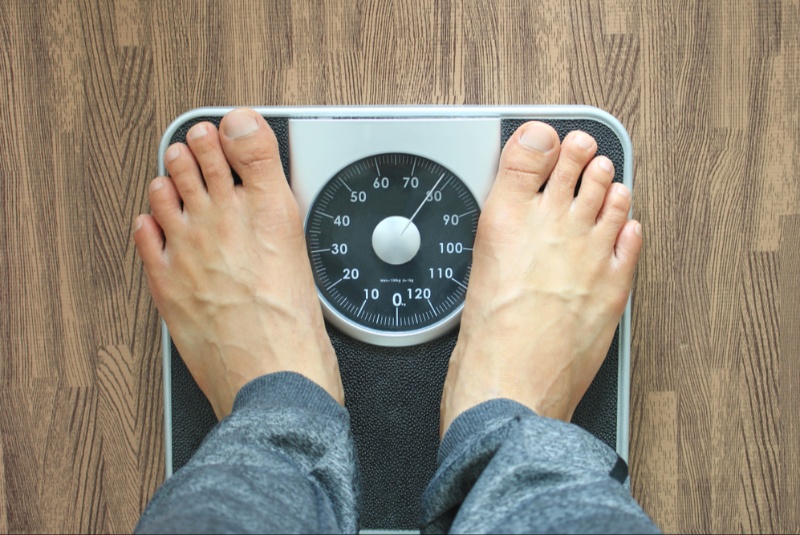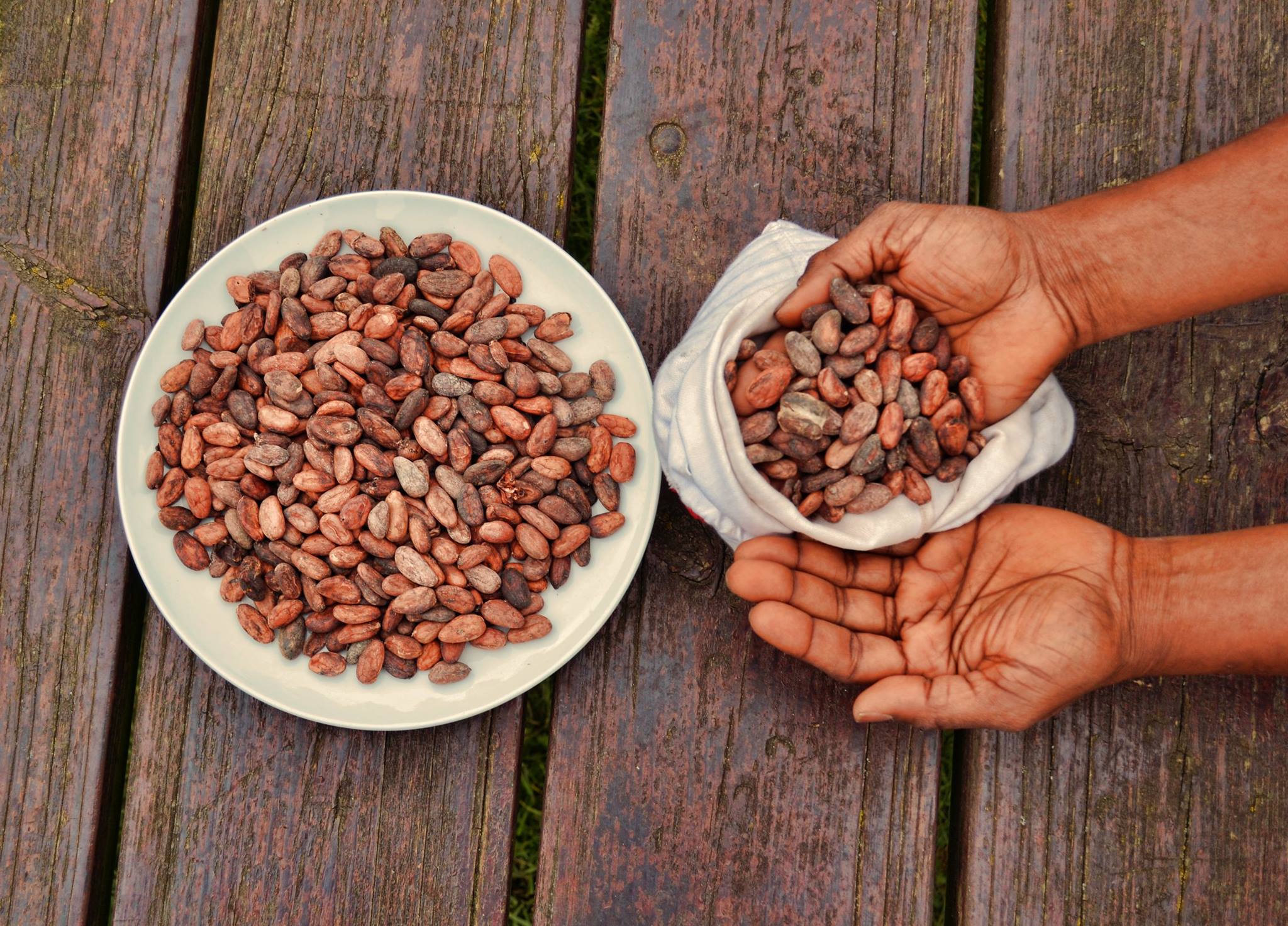Gaining weight in a healthy way is essential for those looking to increase their mass, whether for aesthetic, athletic, or health-related reasons. Unlike the often sought-after weight loss, healthy weight gain focuses on building muscle and increasing body mass without adding unhealthy fat. This article explores effective strategies for achieving this goal, providing a comprehensive guide to nutrition, exercise, and lifestyle changes.
Understand Your Caloric Needs
To gain weight, you must consume more calories than your body burns in a day, known as a caloric surplus. However, it's crucial that these extra calories come from nutritious foods to ensure that the weight gained is healthy. Calculating your Total Daily Energy Expenditure (TDEE) is a good starting point. This calculation takes into account your age, gender, weight, height, and level of physical activity. Once you know your TDEE, aim to consume 500 to 1,000 calories more per day. This caloric surplus should lead to a healthy weight gain of about 0.5 to 1 pound per week. Remember, it's not just about eating more but eating smart—choosing whole foods over processed ones is key.
Focus on Nutrient-Dense Foods
For healthy weight gain, the quality of calories consumed is as important as the quantity. Nutrient-dense foods provide vitamins, minerals, and other essential nutrients along with calories, supporting overall health while you gain weight. Incorporate a variety of whole grains, lean proteins, healthy fats, and fruits and vegetables into your diet. Foods like avocados, quinoa, lean meats, nuts, and olive oil are excellent choices. They not only help in weight gain but also contribute to your body's overall nutrient requirements. Avoiding empty calories from sugary drinks and snacks is crucial; these might help you gain weight but can lead to unhealthy fat accumulation and other health issues.
Implement a Strength Training Program
Exercise, particularly strength training, is an integral part of gaining weight healthily. It helps in building muscle mass, which contributes to a significant portion of healthy weight gain. Focus on exercises that work for multiple muscle groups, such as squats, deadlifts, bench presses, and pull-ups. These exercises are not only effective in building muscle but also ensure that you're gaining weight in the form of lean muscle rather than fat. Aim for a routine that includes strength training at least three times a week, gradually increasing the intensity and weight to challenge your muscles. Remember, recovery is just as important as the workout itself, so ensure you're giving your body enough time to recover and build new muscle tissues.

Eat More Frequently
If you're trying to gain weight, eating large meals may feel overwhelming. Instead, try eating more frequently throughout the day. Aim for five to six smaller meals rather than three large ones. This approach can make it easier to increase your calorie intake without feeling too full or uncomfortable. Include snacks that are high in protein and healthy fats, such as nuts, cheese, and yogurts. These snacks not only provide the extra calories needed for weight gain but also help in muscle repair and growth. Remember, consistency is key; make sure you're eating at regular intervals to maintain a steady supply of nutrients to your body.
Track Your Progress
Monitoring your progress is crucial in any health and fitness journey, and healthy weight gain is no exception. Keep track of your daily calorie intake, the types of foods you're eating, and your weight and body measurements. This data can help you adjust your diet and exercise plan as needed to ensure you're on the right path to reaching your weight gain goals. Apps and journals can be excellent tools for tracking your progress. Additionally, consider taking progress photos and noting how you feel energy-wise and health-wise. These qualitative measures can be just as important as the numbers on the scale.
Stay Hydrated
While it's easy to focus solely on food for weight gain, staying hydrated is equally important. Water plays a crucial role in nutrient absorption and helps in muscle recovery and growth. Aim to drink at least 8-10 glasses of water a day, and more if you're exercising intensely. Hydration is key for optimal health and can also aid in digestion, making it easier to consume more calories. Avoid high-calorie drinks that are high in sugar; these might provide calories but can lead to unhealthy weight gain and other health issues.
Consult a Professional
Before embarking on a weight gain journey, it's wise to consult with a healthcare professional or a registered dietitian. They can provide personalized advice based on your specific health needs and goals. A professional can help you design a diet and exercise plan that's safe, effective, and tailored to your needs. They can also monitor your progress and make adjustments as needed, ensuring that you're gaining weight in a healthy and sustainable manner.
Healthy weight gain requires a balanced approach that includes consuming more calories from nutrient-dense foods, engaging in strength training, eating frequently, staying hydrated, and monitoring your progress. By focusing on these strategies, you can ensure that the weight you gain is healthy and contributes to your overall well-being. Remember, patience and consistency are key; healthy weight gain is a gradual process that requires time and dedication.




